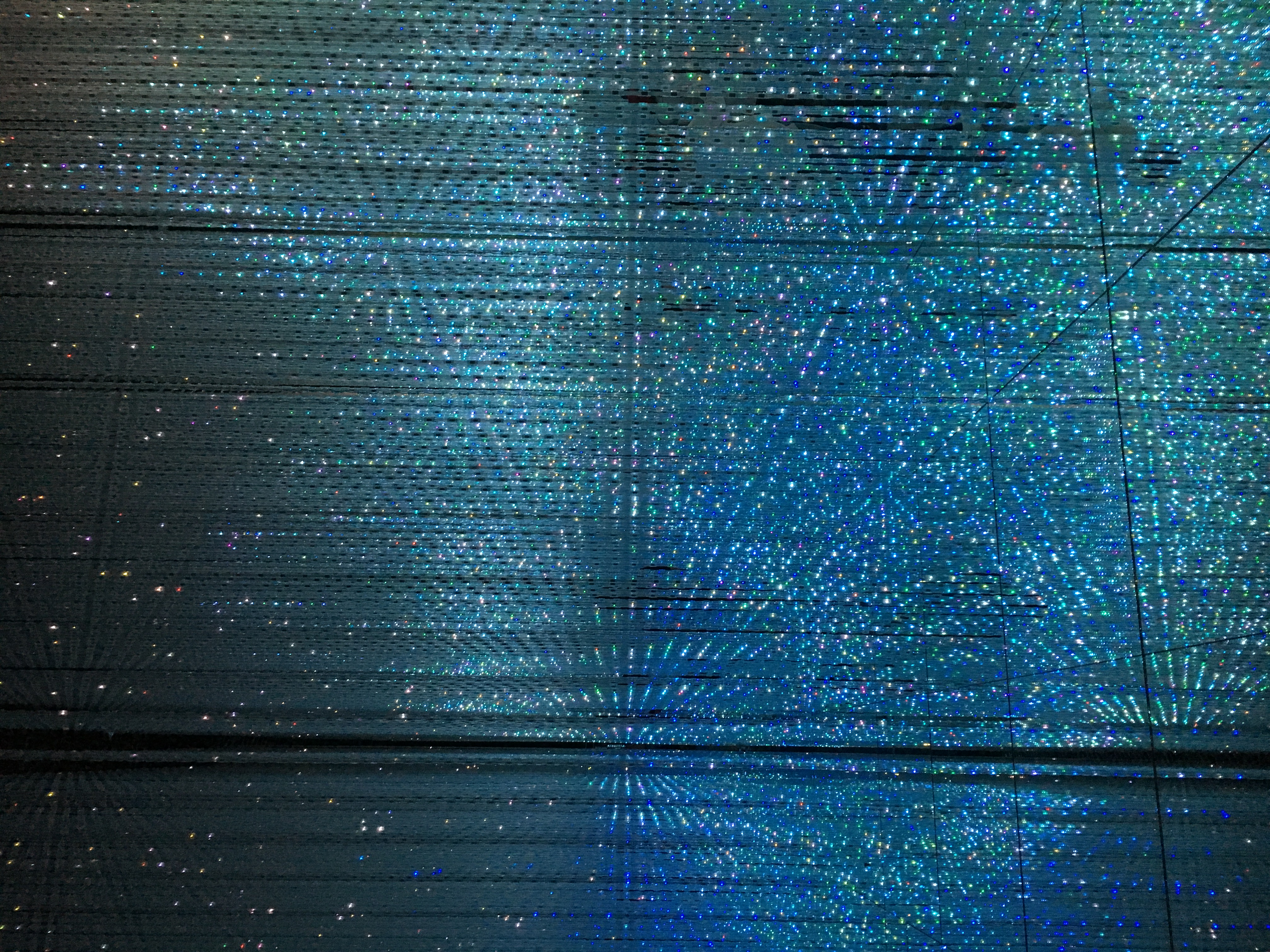Welcome to Robotville
Humans met robots at a special four-day exhibition at the Science Museum in London this week, with 22 cutting-edge creations from laboratories across Europe to interact with, including ones which could tell jokes to those which read your emotions.
The Robotville exhibition, which was only on from December 1 – 4, drew big crowds. Although it was free, you needed a ticket, and when I arrived at 1pm, the only time slots left for that day were 4.30pm and 5pm, so that gives you an idea of how popular it was.
Once inside, one of the first robots you see is IURO, a robot designed to pick up information by talking to humans. By speaking into a microphone, visitors could ask the robot questions, such as ‘tell me a joke’ and ‘what is your favourite movie?’, and the robot in turn would ask questions too.
Obviously the complexity of questions which the robot can ask or answer is limited, but it was impressive nevertheless.
The biggest attraction, however, had to be the pint-sized Nao – this swivel-hipped humanoid robot carried out feats such as bopping to Michael Jackson’s Thriller before taking a bow to rapturous applause from its audience.
Another crowd-pleaser was iCub – this humanoid robot learns how to identify and then pick up objects with its dexterous fingers. At the exhibition this week, it was fascinating to watch the child-like robot pick up a red ball from the hands of children interacting with it, as though enacting a scene from Steven Spielberg’s AI.
This year, 2011, marks the 90th anniversary of the term ‘robot’, first coined by Czech playwright Karel Capek in his play Rossum’s Universal Robot.
According to the Science Museum, ‘Robot’ comes from the Czech word robota, meaning serf, or slave.
Actually defining what a robot is, however, is very difficult, say experts: for instance, a washing machine is arguably a robot, so it’s a tricky one to pin down.
The BBC’s Rory Cellan-Jones visited the Robotville exhibition this week, and his video from the museum is worth watching to see the robots in action.
According to the Science Museum, there are now nearly 10 million robots on the planet, more than one for every resident in London. It is fascinating to see how robots are catching up with science fiction and becoming more advanced every day, and the exhibition offered a glimpse of what the future may hold.


